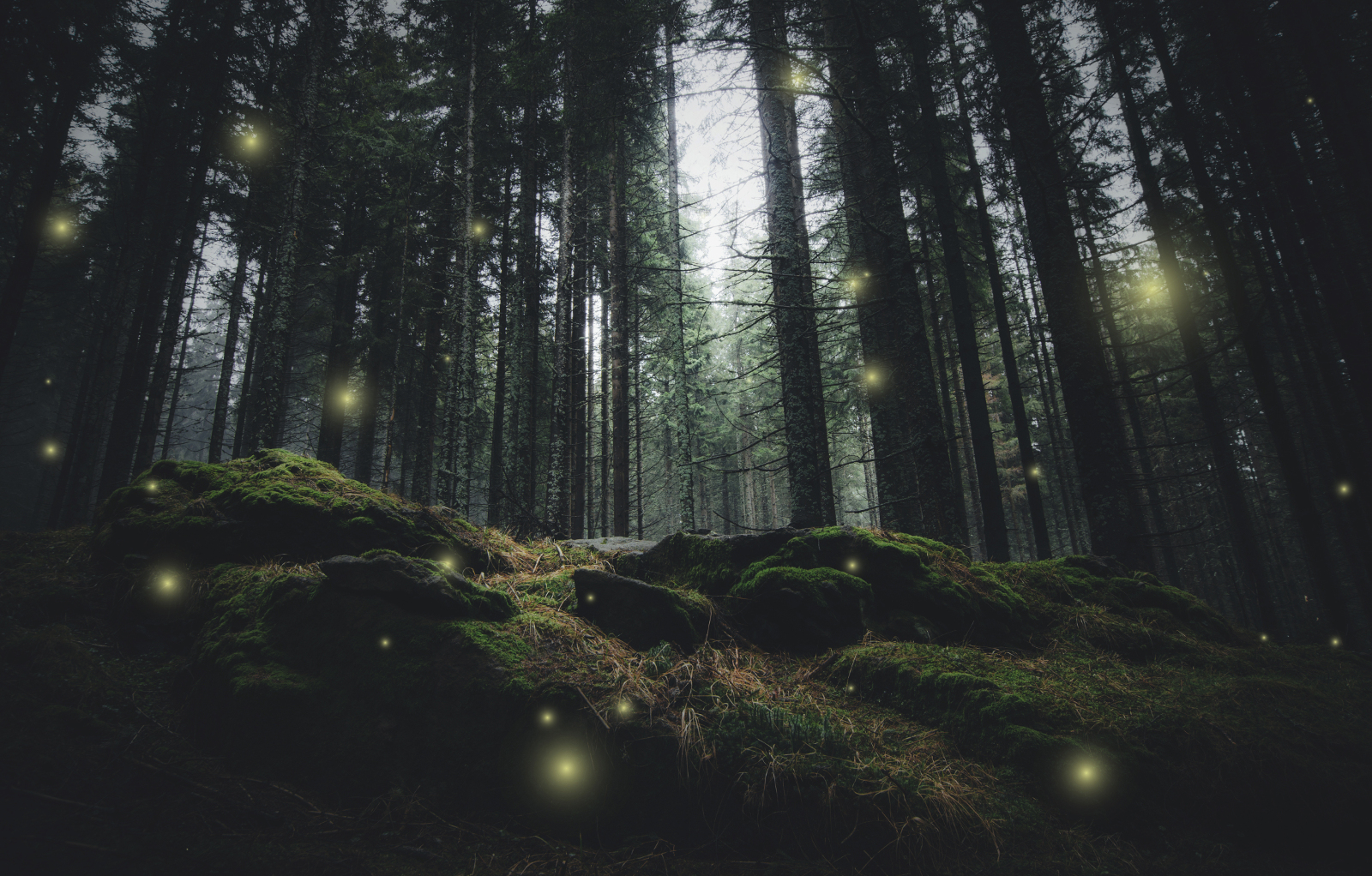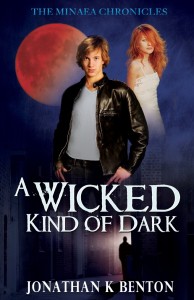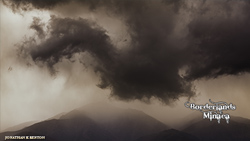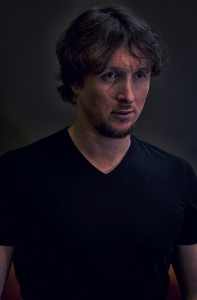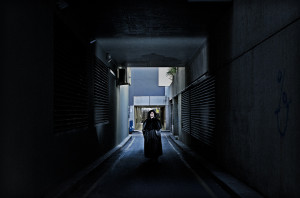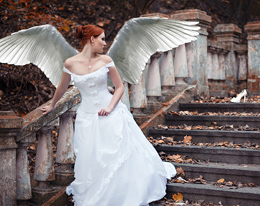 1) The Lord of the Rings:
1) The Lord of the Rings:
The Lord of the Rings was always going to be on this list. However, why number one? The writing is not as rich as Something Wicked this Way Comes, and not as clever (in a literary sense) as Dickens’s or Heller’s featured works. But for me, reading The Lord of the Rings was an out of body experience. Tolkien’s masterpiece transported me to Middle-earth and kept me there for all of its 1000 + pages. Part of me remains there still. That’s what a great book should do.
2) A Tale of Two Cities:
If this list was about beginnings and endings, then A Tale of Two Cities would be No. 1. The middle is fantastic too. Dickens uses knitting needles to build dramatic tension. How clever is that!
3) It:
It was raining in New Zealand when I first entered the fictional town of Derry, Maine. The weather wasn’t much better in Derry. I knew something awful was about to happen: Enter Pennywise. For those who suffer coulrophobia (fear of clowns, although I couldn’t find the word in my edition of the Macquarie Dictionary), don’t read It. Like Peter Pan, It eulogises how important it is not to lose touch with your inner child. It is a terrifying book; terrifyingly good too.
4) Magician:
Fantasy is my ‘go to’ genre. Feist’s magnum opus towers above most other high fantasy novels. Faster paced than The Lord of the Rings, and almost as epic, Magician showed me the muscle that powerful magic can bring to a novel.
5) Catch 22:
Life is chaos. Novels take a slice of this chaos and try to make some sense of it. Catch 22 makes sense of it all. That is why the book reads crazily. Crazy brilliant I say.
6) The Hunger Games:
Every few years, I read a novel that takes my breath away. The Hunger Games is one of those novels. Suzanne Collins’s first book in The Hunger Games Trilogy is destined to become a classic.
7) The Curious Incident of the Dog in the Night-Time:
Crossover genres sometimes never reach their intended audiences because too much is sacrificed in the mix. The Curious Incident of the Dog in the Night-Time mixes genres perfectly: in fact, I believe Mark Haddon’s book wouldn’t work quite so well without crossing over. A literary children’s novel. Brilliant.
8) The Magical Faraway Tree:
I have climbed the Faraway Tree many times. I have used the slippery slip repeatedly and revisited all the lands at the top of this most excellent tree. I cannot pinpoint what inspired my love of fantasy – was it the classic fairytales I used to read by torchlight under my doona, or was it Enid Blyton’s Faraway Tree. Either way, Jo, Dick, Fanny and Bessie played major roles in funnelling me towards fantasy.
9) Amazon Adventure:
Willard Price’s ‘Adventure Series’ took me all over the world – and I didn’t need to leave New Zealand.
10) Something Wicked This Way Comes:
By the pricking of my thumbs, something wicked this way comes. Like Shakespeare, Bradbury writes beautiful prose: rich and layered; full of wonderful images, his characters cleverly drawn. ‘There be good books, and there be bad’. Bradbury writes the good ones.
By Jonathan Benton
 I’m on holiday, which means writing. I’ve given myself four weeks to finish the first draft of the next book in the Minaea Chronicles. I’m loving returning to Minaea. I’m also enjoying the change of scenery on Earth for Part 2 – Australia this time. The landscapes in my adopted country are magnificent. I have travelled widely here and I’m constantly inspired. I’ve camped at the top of Cape York, and woken up to find a crocodile track etched into the sand ten metres from my tent. I’ve sailed up the coast of NSW past sparkling white dunes that seem to stretch on forever. Australia – where there’s something for everyone. Including my characters.
I’m on holiday, which means writing. I’ve given myself four weeks to finish the first draft of the next book in the Minaea Chronicles. I’m loving returning to Minaea. I’m also enjoying the change of scenery on Earth for Part 2 – Australia this time. The landscapes in my adopted country are magnificent. I have travelled widely here and I’m constantly inspired. I’ve camped at the top of Cape York, and woken up to find a crocodile track etched into the sand ten metres from my tent. I’ve sailed up the coast of NSW past sparkling white dunes that seem to stretch on forever. Australia – where there’s something for everyone. Including my characters.